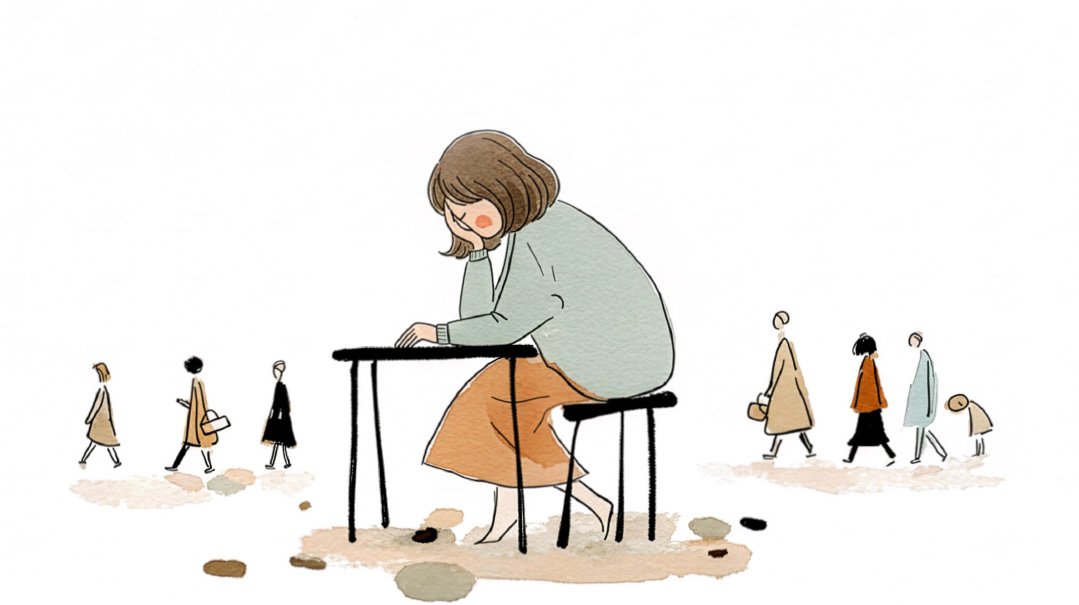A Matter of Respect

Should I just accept that this is the way teenagers are?

Q:
My 14-year-old daughter has always had a strong personality. Now that she’s a teen, I’m finding it even harder to deal with her. If I tell her something she doesn’t like, such as, “No, I’m not getting you that designer sweatshirt,” then she gets really snappy and disrespectful. My friends tell me their teenagers are the same. I’m wondering if I need to just accept that this is the way teenagers are and wait for her to outgrow it, or if I should take some sort of action.
A:
There’s an interesting myth about teenagers: They’re a crazy breed unto themselves. Due to fluctuating hormones, people between the ages of 12 and 18 just can’t control themselves.
But in fact, as people this age are now bar and bas mitzvah, they’re obligated by the Torah to honor and respect their parents and to refrain from hurting people (their parents and everyone else) with words. These mitzvos are laid out without qualifiers. There are no groups of people exempt from showing respect and consideration to others. The transgression of ona’as devarim (verbal abuse) refers largely to using harsh language (raising one’s voice or calling names, using sarcasm or employing other disrespectful forms of speech), as I assume your daughter has done in her communication with you.
Indeed, it’s not only adolescents who aren’t excused from engaging in verbal abuse. It’s all of us. There’s a general myth about hormones that “explains” why full-grown adults can’t control their mouths. There’s a myth about stress that “explains” why husbands and wives sometimes let loose on one another (hard day at the office, children are exhausting, haven’t had a good night’s sleep, finances are difficult, extended family is pressuring, and so on).
Yes, there are individuals who are suffering from thankfully rare disorders, who can’t be held accountable for what they say or do; Jewish law exempts this group from obligations they can’t fulfill. As for the rest of us, interpersonal laws continue to apply despite our varying emotional and physical challenges. When we’re provoked by disappointment, inconsiderate behavior, hurtful words, or other frustrating incidents with family members or others, we’re all obligated to control what we say and do in response. From a Torah point of view, other people’s bad behavior isn’t an excuse to forget that everyone is made b’tzelem Elokim (in the image of G-d) and is deserving of our respect despite their flaws.
From a psychological perspective, the ability to hold back our snappy responses is a skill that can save all our relationships, particularly our marriages. We’re the main beneficiaries of the mitzvah — we’re the ones who, having perfected the art of choosing our words, tone, and body language carefully, will reap the benefits of shalom bayis and warm relationships with our children.
Therefore, I don’t suggest you tolerate a moment of your daughter’s disrespect in light of the fact she’s a teenager. By accepting her verbal abuse, you’re 1) helping her wire-in a dysfunctional behavior that can only harm her, 2) aiding and abetting her in the negligence of the mitzvah of kibbud av v’eim, and 3) teaching her to accept bad treatment from others (from your own model) that can dull her awareness of red flags in her own relationships.
There’s nothing beneficial that arises out of “letting it go.” If you feel you need to cut down your criticism of this child, do it in other areas — not this vital one of interpersonal respect.
Of course, it’s challenging for parents to teach their kids how to be respectful — especially according to the strict Torah standards pertaining to speech and the laws of honoring and respecting parents. You will have to model it in your own behavior, as you can’t expect your child to show more restraint than you are able to show when you’re tired, stressed, or otherwise in a physically or emotionally vulnerable place. You can never use your own state of overwhelm, health, fatigue, or other limitation to “explain” why you raised your voice or spoke harshly. You have to own your lapses completely (“I’m really sorry. There’s no excuse for what I said to you”). Never give an excuse or even a “reason.” No one is interested in why we bite their heads off. They just want us to refrain from doing it.
Controlling our mouths is one of the hardest parts of family living, a challenge not just for our kids, but for all of us. But the better we do at mastering this skill, the more harmony and happiness we’ll reap.
(Originally featured in Family First, Issue 939)
Oops! We could not locate your form.







